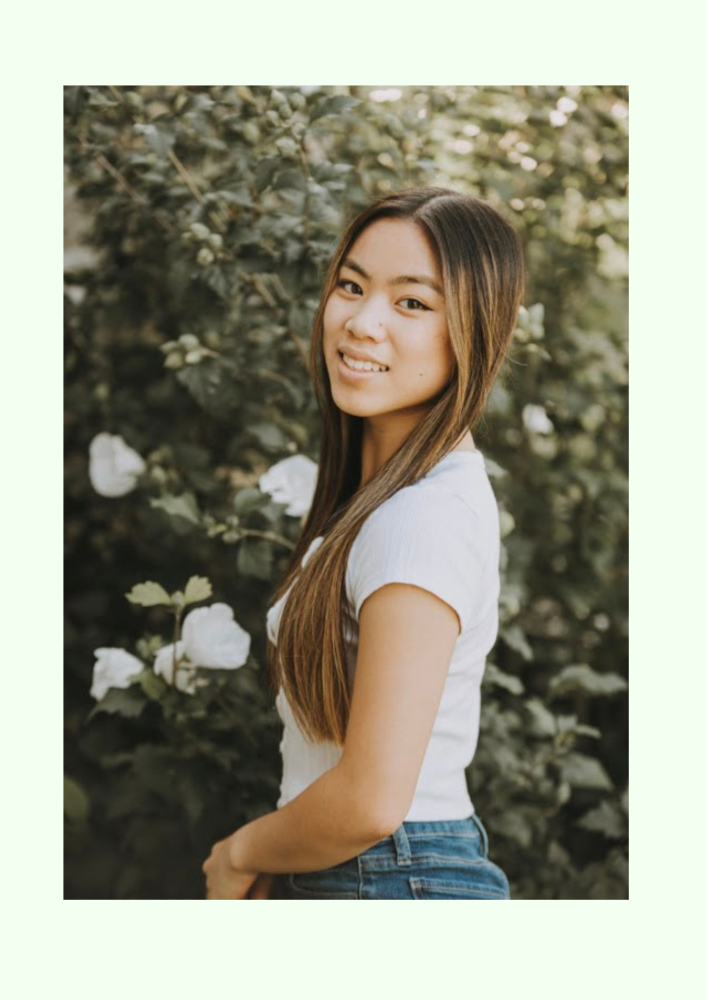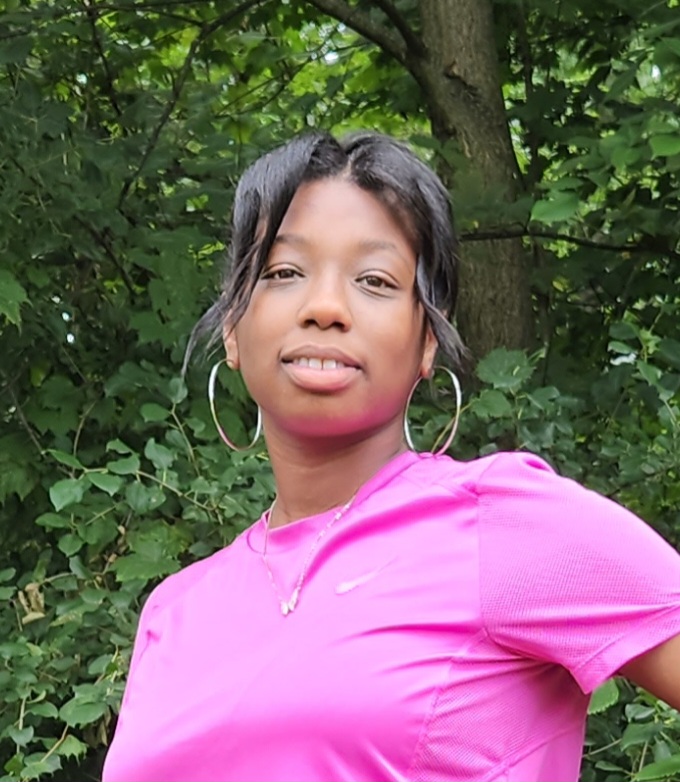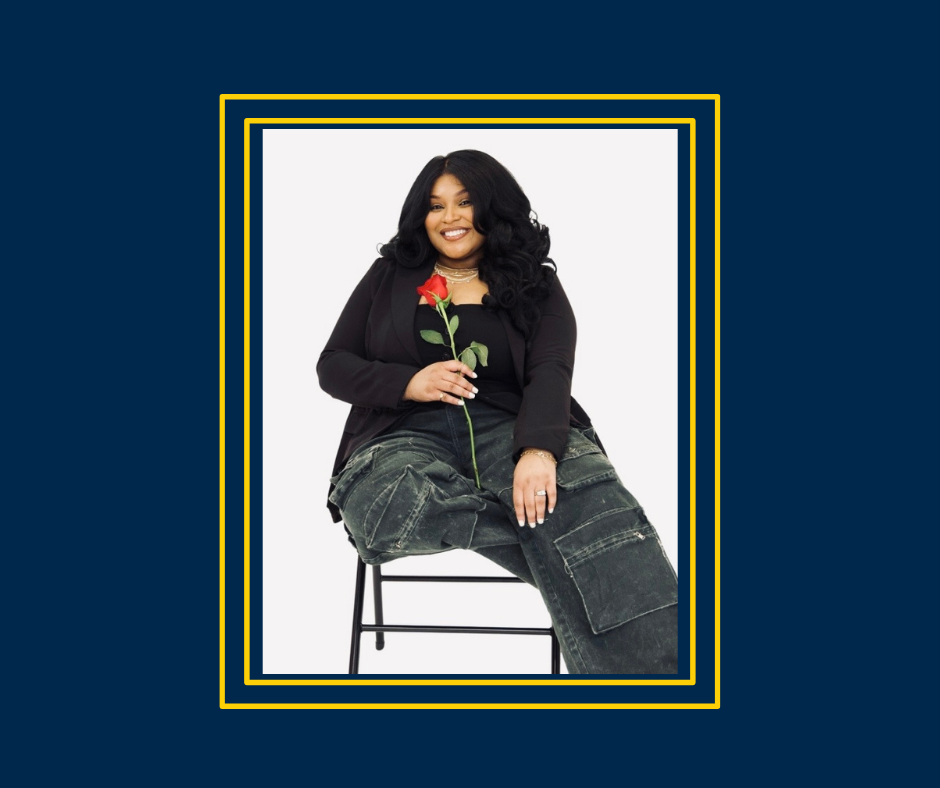Department Spotlight
Faculty & Staff Spotlight on Hussein Nasralah
Enjoy the following Q&A with Professor Nasralah
How long have you worked at UM-Dearborn?
For four years (since Fall 2021)
What does winning the Lecturer Excellence in Inclusive Teaching award mean to you?
This award is an honor and will be a highlight I cherish for the rest of my career. I feel strong gratitude for the opportunity to wake up every day and contribute to meaningful work that can help shape and improve our students' lives. There are many lecturers at UM-Dearborn, including in our department, who deserve equal recognition for their inspiring work in the classroom, and I feel privileged to work alongside them in our shared mission of supporting and empowering students.
What do you love about UM-Dearborn?
There is a lot to love about UM-Dearborn. Our university is special because of the vibrant, welcoming atmosphere that is nourished by our faculty, and the curiosity and drive to learn of our students. It is incredibly rewarding to work with our students every semester as they navigate their 14-week journey through my course. UM-Dearborn's smaller class sizes allow me to get to know our students as individuals with career aspirations and life goals. I find joy in rooting for their success each semester, both in and outside of the classroom.
What inspired you to become a professor?
It's hard to pinpoint just one source of inspiration. I am fortunate to have a long list of math teachers and professors, from elementary through graduate school, who were skilled at providing understandable explanations to what felt like complicated math. I developed a drive in undergrad to work toward acquiring this type of skill set by making mental notes of the strategies I observed in the classroom. I think that, combined with the fact that math was always my favorite subject, likely planted the seeds in my mind for this career. I clearly recall an example of these seeds manifesting during my undergraduate abstract algebra course. That semester, I formed a study group with several peers in the course, and we reviewed for tests in a unique way: I would present our lecture notes to them on a board in an attempt to reteach the material to them and myself. That strategy was successful and gave me a taste of what could be in this type of career.
What's your fondest memory as a professor?
Another question that is hard to narrow down! I have many fond memories, but one that stands out is from my first time ever teaching Calculus I. During my office hours, I was helping a student who mentioned she had taken Calculus I in high school but had struggled to understand it then. She shared that my Calculus I course felt "so much more clear cut" than how she had learned it before. That remark became a core memory for me and drives me to keep improving in the classroom.
What career paths did you consider before becoming a professor?
Prior to pursuing graduate studies in math, I considered attending graduate school for psychology instead. Math and psychology have always equally fascinated me, which is why I chose to double major in both during my bachelor's, while also working as an undergraduate assistant in a psychology research lab. At the time, I was open to a career in psychological research or possibly clinical work. That experience taught me a lot, but in the end, math called just a little bit louder, and I found myself drawn to this path instead.
What degrees do you hold? If you could go back and choose a different degree, what would it be and why?
I earned a bachelor's degree with a double major in mathematics and psychology, a master's degree in mathematical statistics, and a Ph.D. in mathematics. If I could go back, I would encourage myself to explore coursework in engineering and computer science during my early undergraduate years. I don't know if it would have made a huge difference in my career trajectory, but part of me wonders what my younger self would do with additional insight into those fields and the careers they offer.
What does inclusive teaching mean to you, and how do you integrate it into your courses?
To me, inclusive teaching means ensuring every student in the course feels worthy of being there. I try to accomplish this through repeated affirming interactions throughout the semester, both in and out of the classroom. Learning and using students' names is an important first step in countering the belief that they are just another faceless person in the audience. During active classroom discussions, I try to foster a nonjudgmental environment by repeatedly reminding students that mistakes are a natural part of learning, and that they are not the only ones in the classroom grappling with challenging material. Outside the classroom, I hold optional Sunday midterm review sessions on the second floor of the university library which are consistently attended by 40-60% of the class. These sessions encourage collaboration, as I pair students up to solve problems together on moving whiteboards. My goal is to ensure every student feels valued, capable, and empowered to succeed.
What steps have you taken to make your teaching more inclusive?
In addition to the strategies mentioned above, I enjoy experimenting with classroom interventions aimed at improving student success. At the start of each semester, I share a three-page article about the plasticity of the brain which challenges the false belief that someone is either "born a math person" or not. Students engage with the article by writing a letter to a fictional student who is apprehensive about the math course, citing reasons from the article to reassure the fictional student that they have the ability to succeed. In addition, I like to think about ways for students to demonstrate continued learning after an in-class assessment, whether through test corrections or by offering test retakes during that semester. These strategies promote a growth mindset and are intended to support students through their learning journey.
What are your future goals for making your teaching even more inclusive?
In the future, I hope to collaborate with colleagues within our department and at other institutions to learn from their strategies and experiences with inclusive teaching. Many of the best ideas I have implemented in the classroom have come from discussions with and observations of peer educators, and I look forward to continuing to seek out these opportunities.
What is your favorite memory from working here?
I have many favorite memories from the past four years at UM-Dearborn, but one that stands out is my experience working on the development of our new Math 100/101 courses alongside Nesrin Cengiz-Phillips, Jeff Igo, Ghada Saad, and Mark Radosevich. It was incredibly rewarding to meet with these colleagues each week to collaborate on our shared mission of revamping the remedial math program and improving student success rates in Calculus I. I learned so much from each of my collaborators and truly cherish the time we spent developing these courses.
Is there anything else you'd like to share?
Being a part of the Department of Mathematics and Statistics is a privilege I do not take lightly. I feel incredibly fortunate to be a member of this team. Thank you for having me and for believing in me.
CASL Staff Spotlight: Jasmine Stallion
I enjoy being able to make everyone’s day a little easier by assisting with the operations of the department. I love getting to know the faculty, staff, and students across the college.
Meet our Student Ambassador: Kaitlynn McKenna

Class Standing: Sophomore
Major: Actuarial and Applied Statistics
Career & Personal Interests: Health insurance and Finance. Love to dance and have performed at the Detroit Opera House with the American Ballet Theatre.
Our Student Ambassador help promote our majors, programs and events by attending open houses, campus socials and department events. Read more about our Student Ambassadors.
Meet Our Student Assistants
Loren Danaoui
Class Standing: Sophomore
Major: Software Engineering
Campus Involvement & Interests: Traveling, Staying up to date on AI and cyber security and making exotic dishes.
Why UM-Dearborn? "When deciding which university to attend, I had many options, but I knew the perfect choice was the University of Michigan-Dearborn. It offered the convenience of commuting, and both my brother and sister are proud alumni.
Jada Wade

Class Standing: Freshman
Major: Small Business
Campus Involvement & Interests: Developing new and creative fashion designs. Cycling through many of Michigan's local Metroparks. Loves watching action and mystery movies.
Why UM-Dearborn? "To further my knowledge in the business industry and because it is ranked in the top 20 best universities in the Midwest by the U.S. News and World Report."
Department of Mathematics and Statistics
4901 Evergreen Road
Dearborn, MI 48128
View on Map

